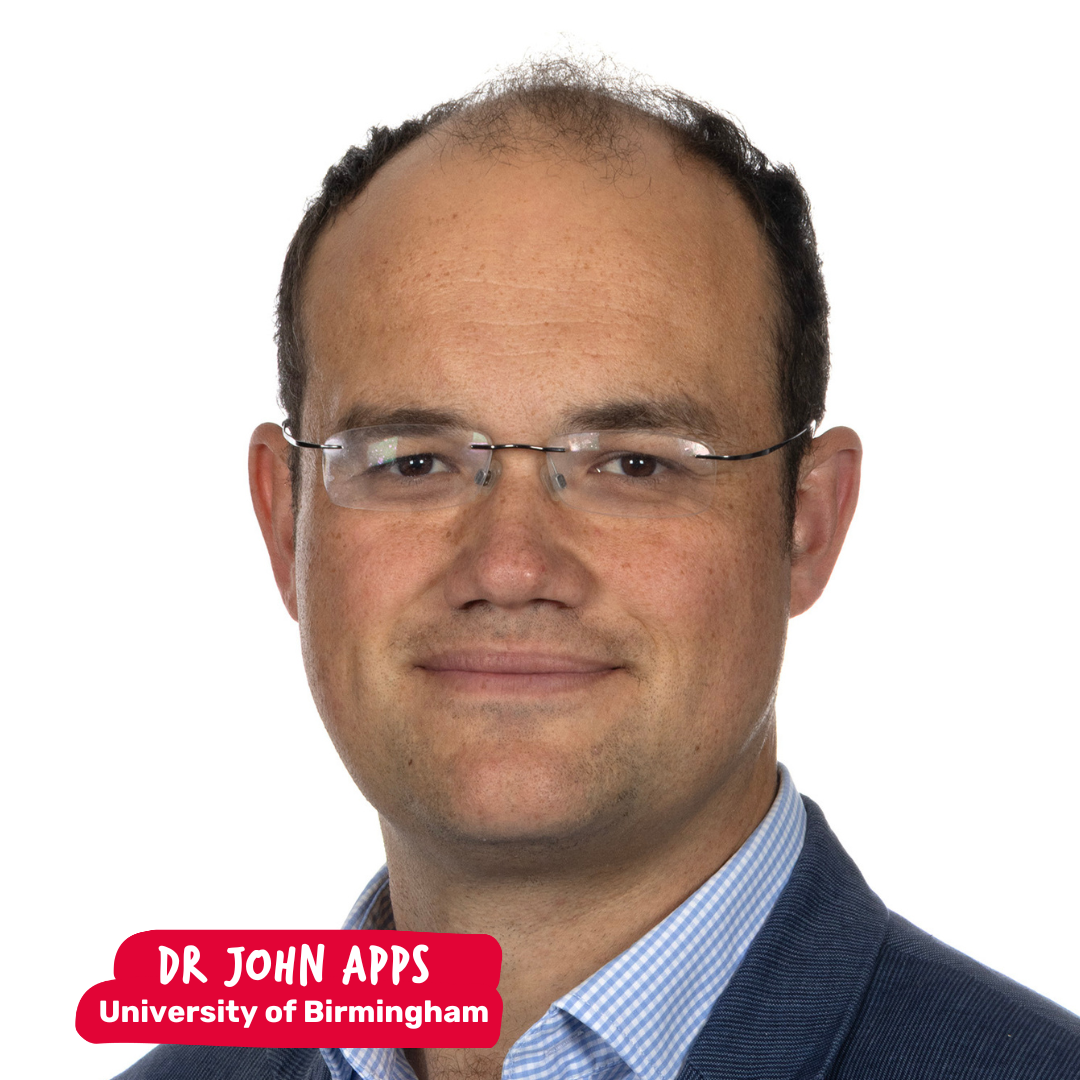Using AI to Help Diagnose Brain Tumours
Fast facts
- Official Title: Advancing Non-Invasive Brain Tumour Diagnosis through AI driven Clinical Decision Support
- Lead researcher: Dr John Apps
- Where: University of Birmingham
- When: June 2025 – May 2026
- Cost: We will fund £47,000 (total grant award £99,000, with Grace Kelly Childhood Cancer Trust) over 1 year
- Research type: Paediatric, Imaging, Artificial Intelligence
Brain tumours are the most common cause of cancer death in children. They are often first diagnosed on an MRI scan. These scans provide information on the tumour location and size, but for precise diagnosis, doctors usually rely on pieces of tumour removed by surgery (biopsies).
It can take several weeks to get a final diagnosis, making it hard for doctors to make treatment decisions causing uncertainty and anxiety for patients and their families. Faster diagnosis of brain tumours will give clinicians and patients more time and information to make the best decisions. Potentially improving surgical treatment and reducing brain injuries.
What is it?
Modern MRI scans can provide a lot of information about the biology of a tumour. But with advanced computing techniques, known as radiomics, researchers can now extract even more information from these scans – far beyond what the human eye can see.
Dr John Apps and his research team have developed artificial intelligence (AI) tools that can help identify the type of tumour when it first appears on a scan. They have produced these tools using a world-leading collection of MRI scans from children with brain tumours. Which was built as part of a 20-year study called the Imaging of Tumours Study.
Now, Dr Apps and his team are working to make this technology available in real-time in hospitals. Their software tool, called MIROR, allows clinicians to analyse a new scan, compare it with scans of known tumour types, and receive an AI-generated prediction of the likely tumour type, along with a confidence score.
In this project, the researchers will test how well MIROR performs in real hospital settings by seeing how accurately it can diagnose brain tumours in children over the course of a year. In collaboration with the Grace Kelly Childhood Cancer Trust, this project will also further develop and improve the tool. Increasing the number and range of tumours the programme uses, improving the AI and MRI algorithms, and linking them with information from biological studies on tumour tissue.
Why is it important?
A faster, more accurate diagnosis means doctors can make better decisions sooner. Potentially leading to safer surgeries, more targeted treatments, and less uncertainty for families facing a devastating diagnosis. If successful, this technology could transform how childhood brain tumours are diagnosed and improve care for children diagnosed with a brain tumour.
So far, we have evaluated the performance of this approach using mathematic approaches, however we will be able to begin testing how well it performs on data from new patients the computer has not previously seen. The project will also allow us to move forward with making newer MRI scanning technologies available to children with brain tumours.
– Dr John Apps
Research is just one other way your regular gift can make a difference
Research is the only way we will discover kinder, more effective treatments and, ultimately, stamp out brain tumours – for good! However, brain tumours are complex and research in to them takes a great deal of time and money.
Across the UK, over 100,000 families are facing the overwhelming diagnosis of a brain tumour and it is only through the generosity of people like you can we continue to help them.
But, by setting up a regular gift – as little as £2 per month – you can ensure that families no longer face this destructive disease.
In this section

Dr John Apps
Dr John Apps is an Academic Paediatric Neuro-Oncologist working between the University of Birmingham and Birmingham Children’s Hospital. He has focused his career on combining research with clinical care. His research interests include craniopharyngioma and rare brain tumours; imaging, data integration and artificial intelligence and clinical trials.